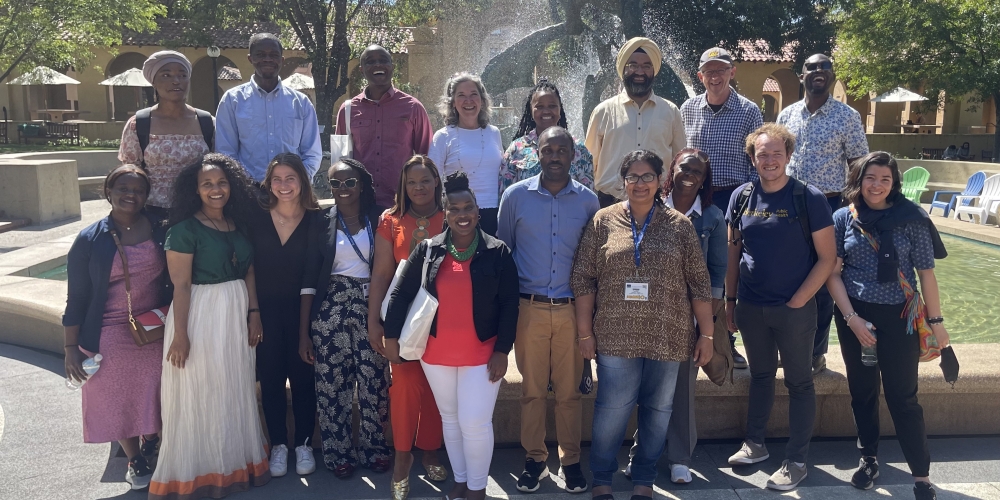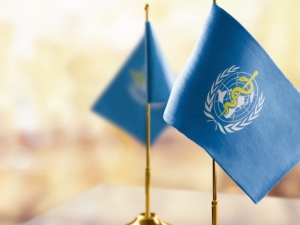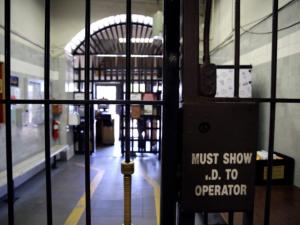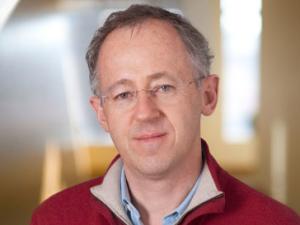

Research Bio
Dr. Stefano M. Bertozzi is a former dean and professor of health policy and management at UC Berkeley School of Public Health. He has directed HIV and tuberculosis programs at the Bill and Melinda Gates Foundation and held positions with the Mexican National Institute of Public Health (INSP), UNAIDS, the World Bank, and the government of the DRC. He is the founding editor-in-chief of Rapid Reviews\ Infectious Diseases and co-edited the Disease Control Priorities volume on HIV/AIDS, Malaria & Tuberculosis. He serves/served on governance and advisory boards for numerous organizations, including the WHO, UNICEF, and the Global Fund to Fight AIDS, Tuberculosis, and Malaria. He is a member of the National Academy of Medicine and has advised NGOs and ministries of health and social welfare in Asia, Africa, and Latin America.
Dr. Bertozzi’s research has covered a diverse range of projects in health economics and policy, focusing on the economic aspects of HIV/AIDS and on the health impact of large social programs, including:
- Economic evaluation of preventive and therapeutic interventions, particularly in infectious diseases and reproductive health
- Evaluation of the impact of anti-poverty programs on health
- Global health policy, especially as regards HIV/AIDS
Research Expertise and Interest
HIV/AIDS, HIV prevention, HIV treatment programs, reproductive health, health economics, anti-poverty programs, impact evaluation





